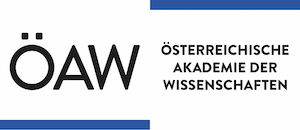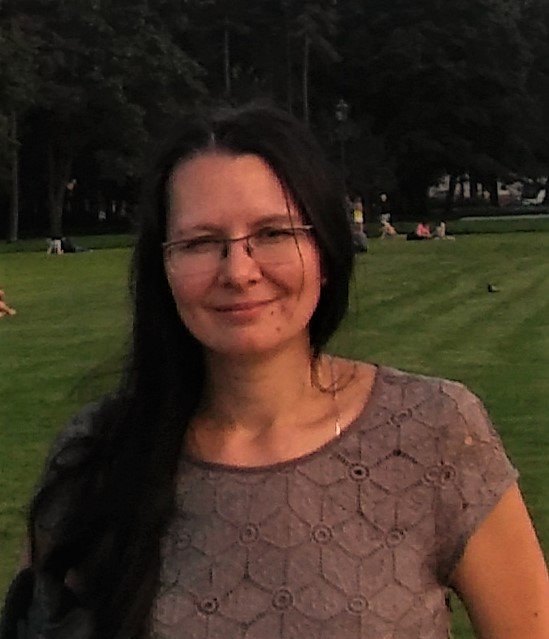
Katja Ackermann
founder and head of the Lab
I investigate processes and triggers of language change and linguistic variation. On the one hand my research centers on Indo-European languages (in particular Slavic, Baltic, as well as Paleo-Balkan languages) and the reconstruction of the Indo-European proto-language, on the other hand on the interrelation of language, culture and cognition. A linguistic happening (a word, a grammatical or syntactic structure, their particular development, etc.) needs a cognitive demand appropriate in the given pragmatic (sociocultural) context. Therefore, all three dimensions are inseparable for the understanding of how it all works, how we come to put our thoughts into words and why these ways are different. Investigating semantic patterns across languages and cultures I seek to understand which are common and which divergent and how semantic variation is factored.
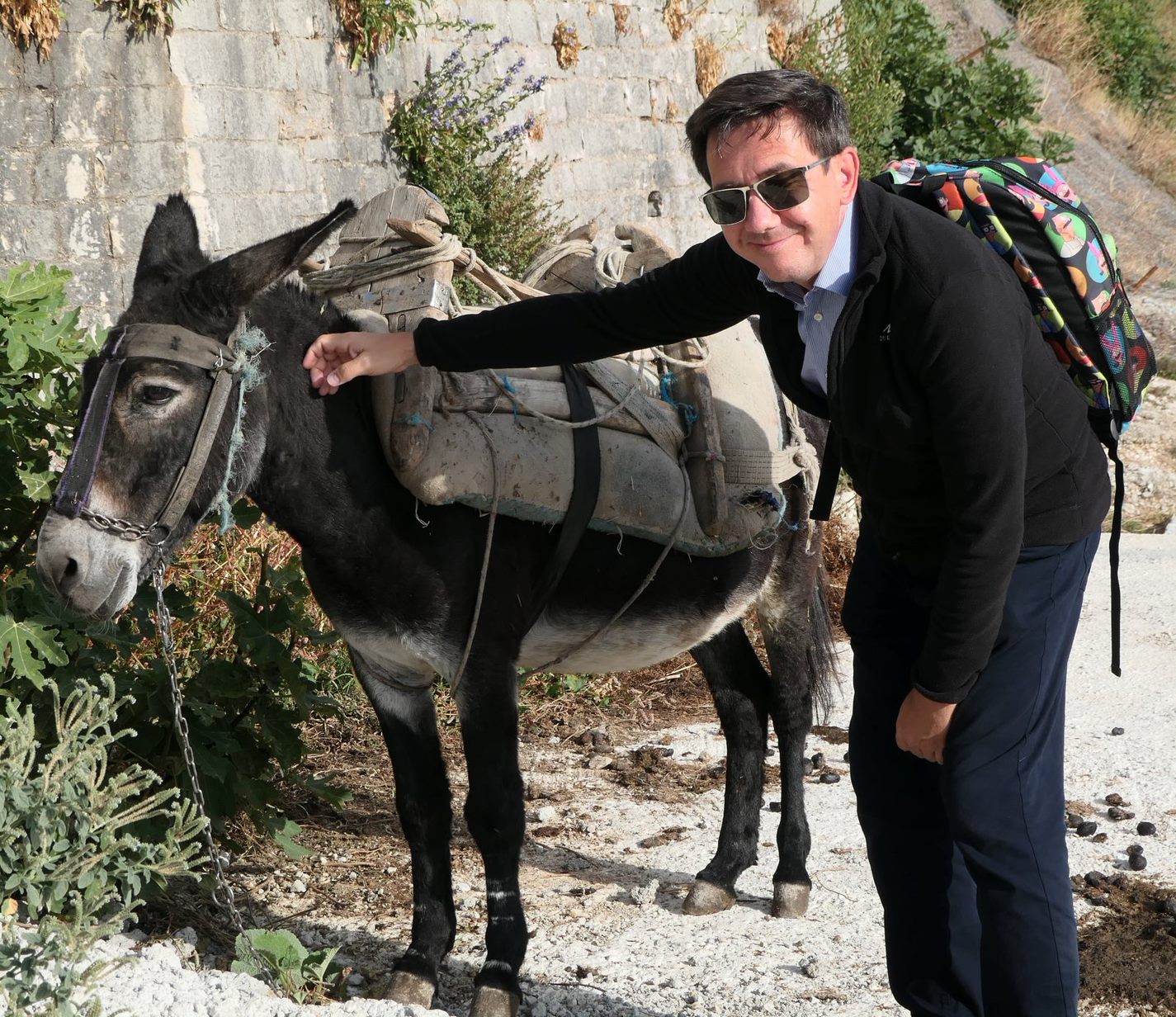
Joachim Matzinger
My research focuses —among other interests— on the linguistic aspects of ethnogenetic and migratory processes in the time-span from the Indo-Europeanization of the Balkans to the ancient periods; the Paleo-Balkan languages (Illyrian, Thracian, and Messapian in ancient Italy); Balkan toponomastics and its implications for the settlement history; Balkan linguistics and especially linguistic contact phenomena; historical linguistics and philology of Old Albanian; history of writing in the Balkans; Albanian diaspora (Arbëresh) in Italy; etc.
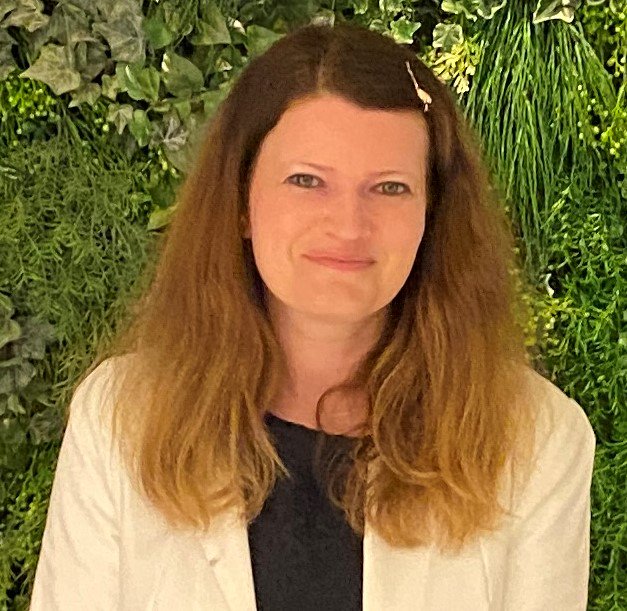
Milica Santa
I investigate the influence of natural change on the emergence of linguistic processes, e.g. how the language changes due to the construction of highways or anthropogenic landscapes, as for example in man-made course of rivers in the Balkans. Another research interest centers on ethnolinguistics of endonyms, exploring the names of local groups of people in the Balkan region, investigating their meaning, possible attributions and their morphological structures. In addition, I have a special interest in post-Yugoslav war literature.
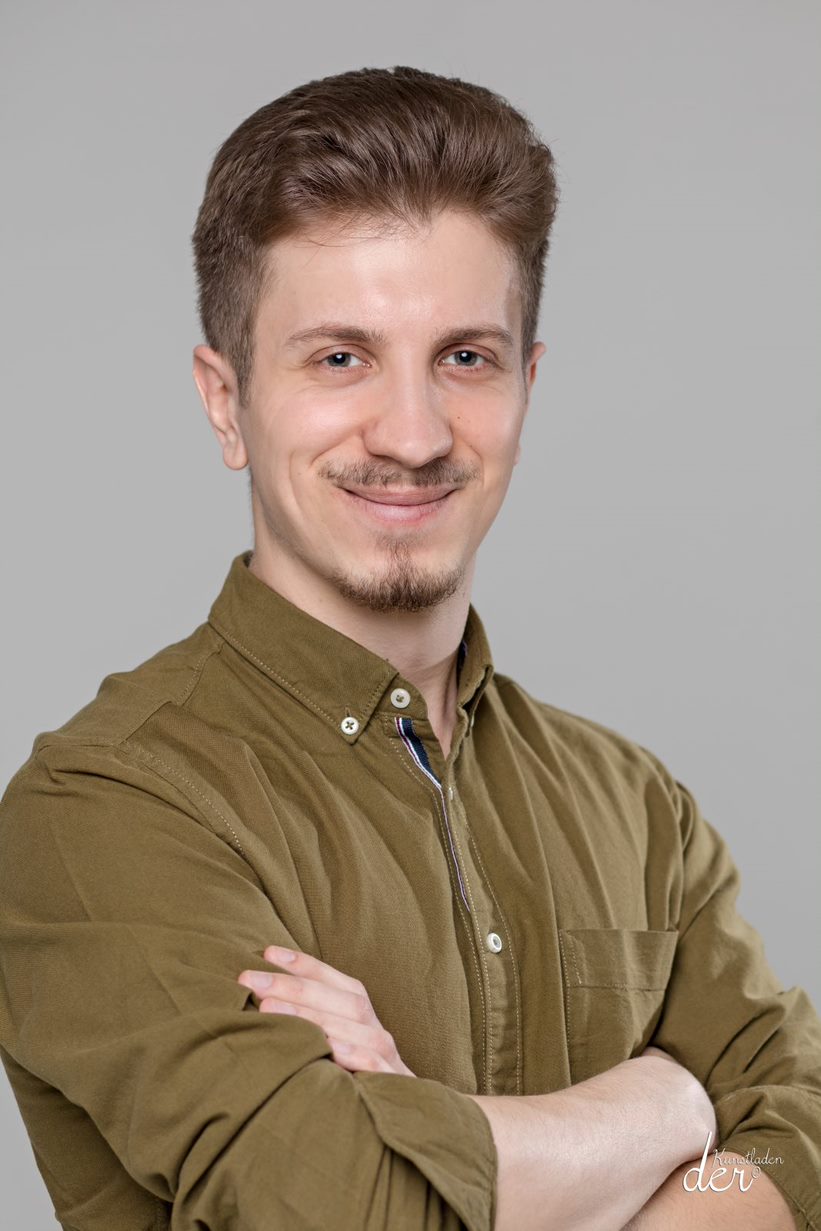
Nermin Mahic
My research centers on the linguistic Ottoman heritage in Bosnian/Croatian/Montenegrin/Ser-bian, but also on their history and the language politics of these languages. Furthermore, I have also a high interest in the processes of divergence of Serbo-Croatian and, accordingly, in both the historical encounters of the linguists of former Yugoslavia and the political framework in which the linguists did their work.
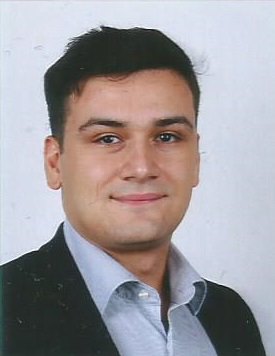
Nico Pavic
I am particularly interested in the history of the medieval and modern Balkans. I have also a special interest in the development of Balkan toponyms and their implications for the earlier settlement structures, as well as for the development of endonyms and exonyms of different groups of people.
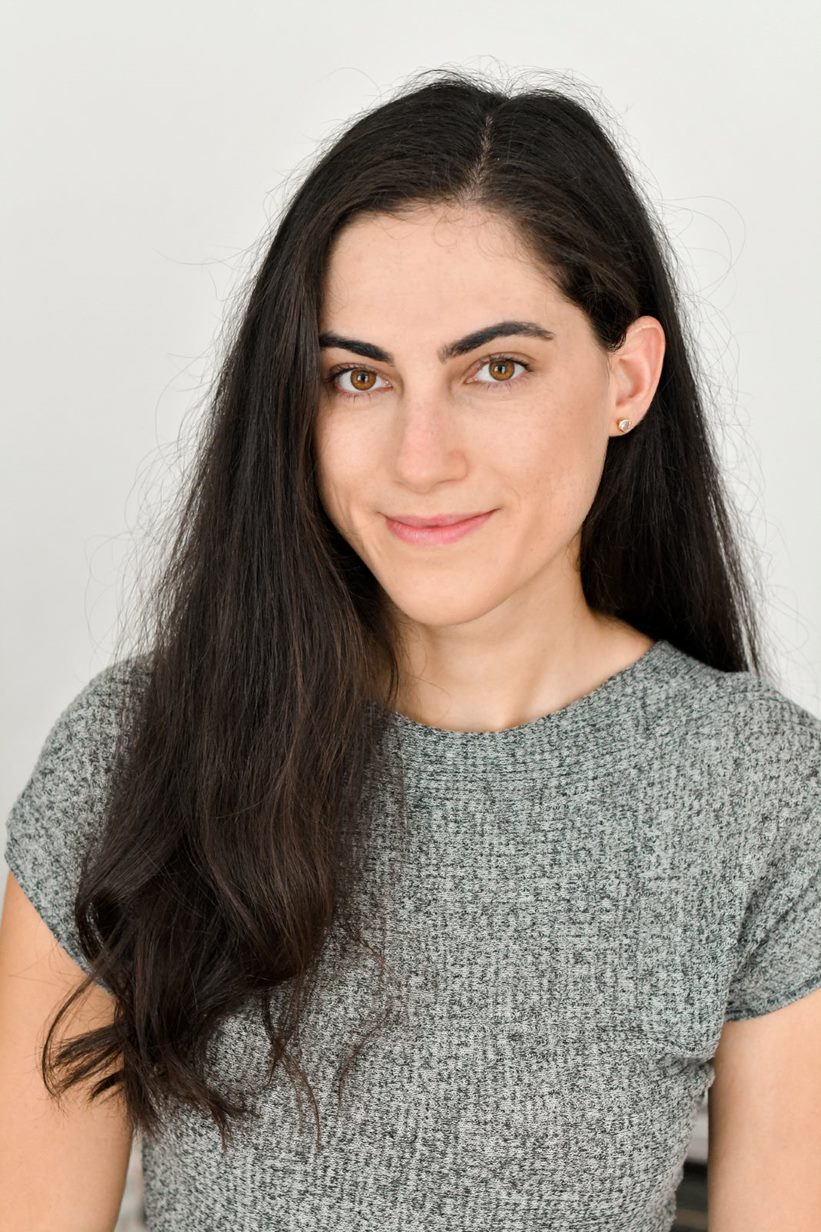
Tamara Haddad
Lorem ipsum dolor sit amet, consectetur adipiscing elit, sed do eiusmod tempor incididunt ut labore et dolore magna aliqua.
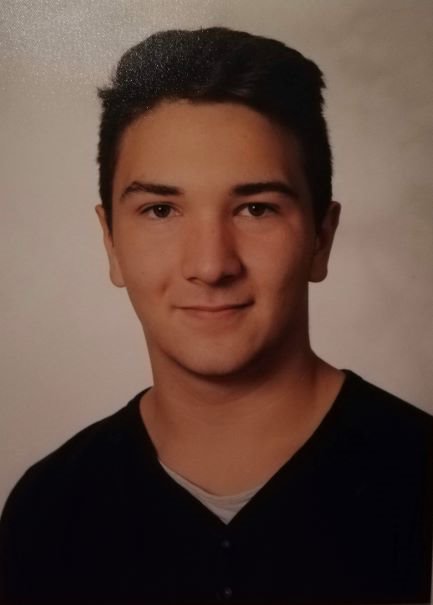
Antonio Punos
My research interests are the Balkan languages, and in the first place the Balkan convergence area from a synchronic as well as diachronic point of view, taking into account also the influence of the superstrate languages Turkish, Hungarian, German and Italian (for instance in the coastal region of Croatia). Another research focus is on the South Slavic dialect continuum and its isoglosses with special interest on the Torlak dialects of Serbia, as well as on Bulgarian and Macedonian. An other research interest of mine are the minority languages (especially in the Balkan region), their state of preservation, the influence of the standard languages and the language policy with respect to these minorities (e.g. the cases of Istria, Vojvodina, Transylvania or the Greek region of Macedonia).

